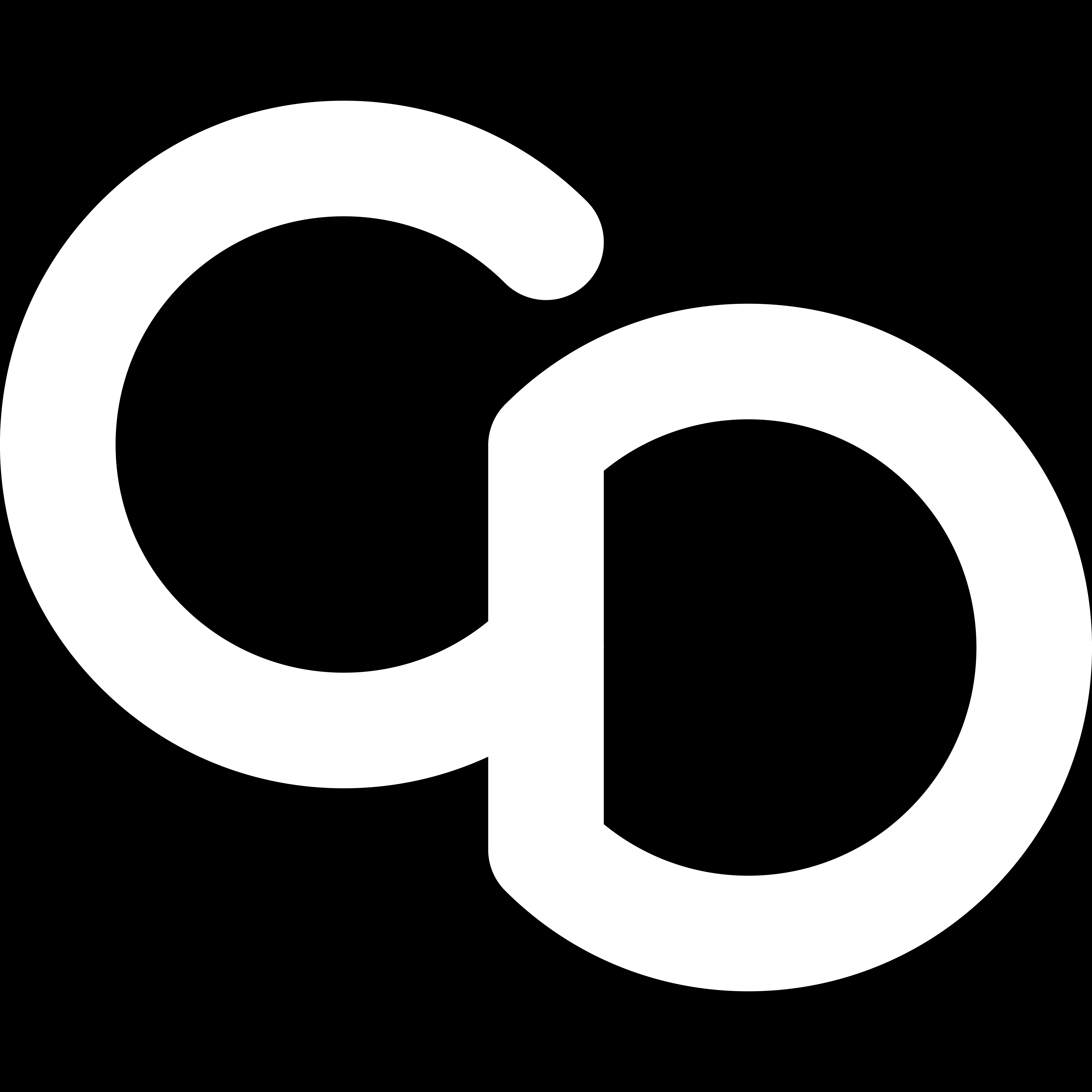Singapore is a country quite keen on protecting people from scandalous attacks on their reputation without any factual basis.
It’s a place quite different from say, the United States, where you can in effect pretty much say anything you like about public officials,[i] as any public official going after you for defaming her would have to prove that you knew the allegation was false or that you had recklessly disregarded the truth or falsity of the allegation. Which is really, quite difficult to prove.
Whether you say something online or offline is irrelevant – you can still get into plenty of trouble. It’s just the Hard Truth.
So how can you avoid trouble?
Overview
In Singapore, a victim of a defamatory statement can sue you for defamation. A statement may be defamatory if the statement:
- tends to lower the person in the estimation of right thinking members of society[ii]
- if it exposes a person to public hatred, contempt or ridicule[iii]
- would cause a person to be shunned or avoided[iv]
Whether a statement is defamatory is what the meaning of the statement would have conveyed to an ordinary reasonable person using her general knowledge and common sense.
To give a real life example, accusing someone of having done disgusting things with a cooked animal is almost certainly defamatory.
The test is an objective one[v], so defending yourself by saying that you never intended to defame that person is quite pointless.
A person must show that the statement might be understood by the ordinary and reasonable person to refer to her. Such a statement does not need to refer to her directly – there is no need to mention the person by name.[vi]
Defences
There are a few defences to defamation. We look at some of them below:
- Justification
The defamatory words are true or substantially true in substance and in fact.[vii]
So in a notorious example, a couple of years ago a former charity chief sued a newspaper company over reports that he had installed a gold-plated tap in his office toilet. Unfortunately for him, this disparaging fact turned out to be true, his defamation suit collapsed, and he got into a lot of trouble for other reasons.
- Fair Comment
The defendant must establish that:
- The words complained of are comments – that is an expression of opinion.[viii]
- The comment is on a matter of public interest[ix]
- The comment is based on facts that exist at the time the comment was made.[x]
- The comment is one which a fair-minded person can honestly make on the facts proved.[xi]
- Privilege
There are certain situations where it is so important for participants to speak freely that the maker of a statement cannot be sued for defamation. This special immunity from getting sued is called “privilege”.
For example, judicial[xii] and parliamentary proceedings[xiii] are protected by privilege.
There are also certain situations where a statement can be protected by “qualified privilege” if the defendant has an interest or duty to communicate the information and the recipient has the corresponding interest or duty to receive the information.[xiv] So for example, if a condominium unit owner raises concerns about the financial viability of condominium’s general contractor to the condominium developer, the unit owner’s communications could be protected by “qualified privilege”.[xv]
Defences to defamation – don’t get too smug!
Defences to defamation can really be quite tricky, so it is a good idea to talk to a lawyer if you’re about to tell other people that someone has committed some sort of misconduct, and bring along the sources for your belief. This could be something that you’ve witnessed, or some sort of documentary or photographic or videographic evidence.
[i] New York Times Co. v. Sullivan, 376 U.S. 254 (1964)
[ii] Jeyasegaram David (alias David Gerald Jeyasegaram) v Ban Song Long David [2005] 2 SLR 712; [2005] SGCA 18
[iii] Lee Hsien Loong v Review Publishing Co Ltd and Another and Another Suit [2009] 1 SLR 177; [2008] SGHC 162
[iv] Ibid.
[v] Ibid.
[vi] Review Publishing Co Ltd and Another v Lee Hsien Loong and Another Appeal[2009] SGCA 46
[vii] Jeyasegaram David (alias David Gerald Jeyasegaram) v Ban Song Long David [2005] 2 SLR 712; [2005] SGCA 18
[viii] Review Publishing Co Ltd and Another v Lee Hsien Loong and Another Appeal[2009] SGCA 46
[ix] Aaron & Ors v Cheong Yip Seng & Ors [1996] 1 SLR 623, [1996] SGCA 78
[x] Jeyaretnam Joshua Benjamin v Lee Kuan Yew [1992] 2 SLR 310, [1992] SGCA 2
[xi] Ibid.
[xii] Lim Eng Hock Peter v Lin Jian Wei and Another [2009] 2 SLR 1004; [2009] SGHC 31
[xiii] Section 3(1) Parliament (Privileges, Immunities and Powers) Act (Cap 217)
[xiv] Adam v Ward [1917] AC 309
[xv] Hytech Builders Pte Ltd v Goh Teng Poh Karen [2008] 3 SLR 236
Candoer Pte Ltd helps businesses with their marketing, productivity, compliance and cost savings strategies.
We also work closely with our partners at Wrike to implement collaboration solutions suitable for your needs.
For further enquiries, please email us at:
jiekai.candoer@gmail.com or weekiang.candoer@gmail.com



